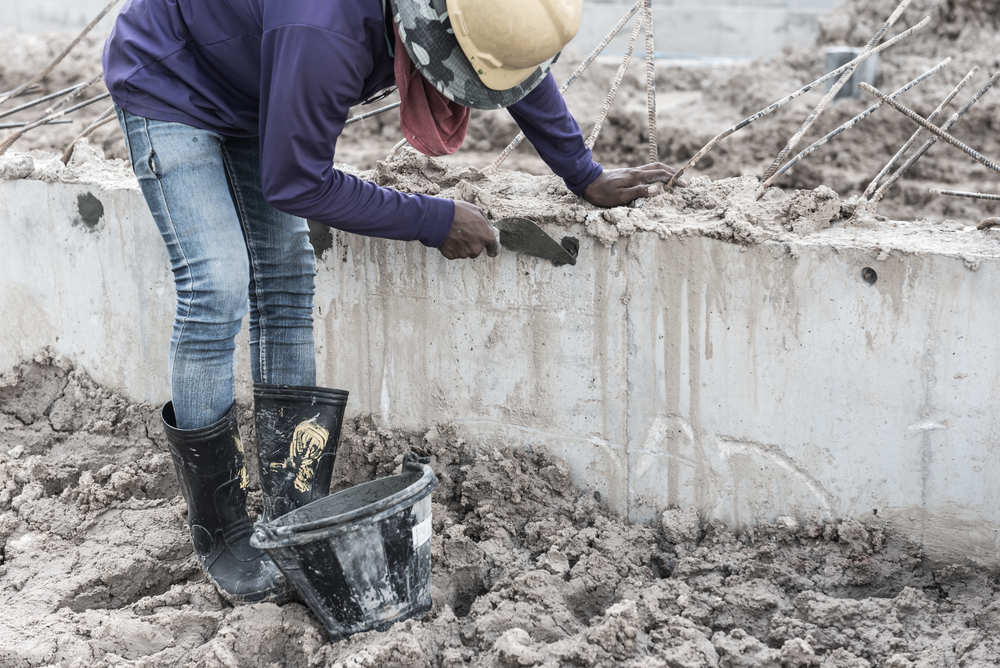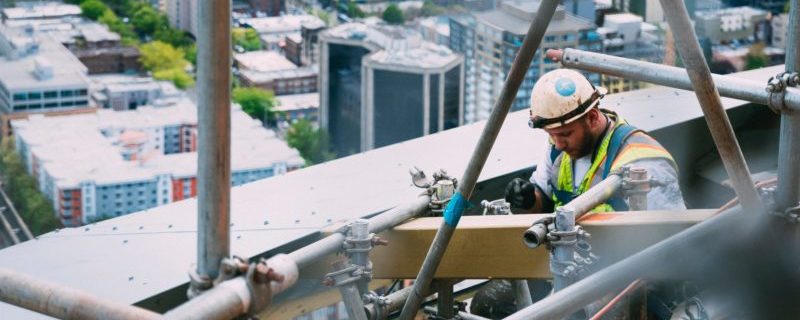
Last week, the Crown Prosecution Service published its first report into Modern day slavery following the introduction of the Modern Slavery Act in 2015. The report showed that there was a 27% increase in the number of suspects charged with slavery offences in 2017/18 compared with the previous year. Referrals of modern slavery allegations have also risen to their highest level and the number of prosecutions is on the increase too.
Awareness increasing
These are all positive signs that the Modern Slavery Act which was introduced in 2015 is beginning to have an effect on ending the scourge of people trafficking, domestic servitude and prostitution. However, a BBC programme, The Prosecutors: Modern Day Slavery, highlighted the ongoing difficulty of actually bringing the perpetrators of these crimes to justice. One of the reasons is the method of spotting and reporting incidents of slavery.
Many of the victims are in plain sight and may not even realise that they are being enslaved or have any way to escape as their masters control every aspect of their lives including food, money, lodgings, movements and language. Customers at nail bars, car washes and other places renowned for being part of the people trafficking industry need to know what signs to look out for to make reporting and prosecuting more effective. The National Crime Agency’s travelling photographic exhibition popping up in many city centres also aims to increase awareness.
How can big businesses help crack down on modern slavery
As well as implementing new offences, the Act imposed obligations on “big business” in the UK to play their part in spotting and eradicating instances of slavery from supply chains. Any business with a turnover of £36 million or more is required to publish a statement specifying how they will do so. One strategy, adopted by many UK businesses, is to train staff on how to spot modern slavery and how to report it.
Modern Slavery Act training
VinciWorks’ training courses, customisable for different industry sectors and tailorable to your organisation, have been rolled out to thousands of employees. The knock on effect of large businesses continually training their staff to spot the red flags of crime, the creation of safe environments to report incidents and the improved media coverage has already brought the perpetrators of some of these crimes to justice. However, the real challenge to eradicate slavery once and for all continues.
The Modern Slavery Act resource page
VinciWorks has created a modern slavery resource page that allows businesses to comply with the Modern Slavery Act. The page contains free course demos, online guides and policy templates that can easily be edited to suit your organisation, staff and industry.













